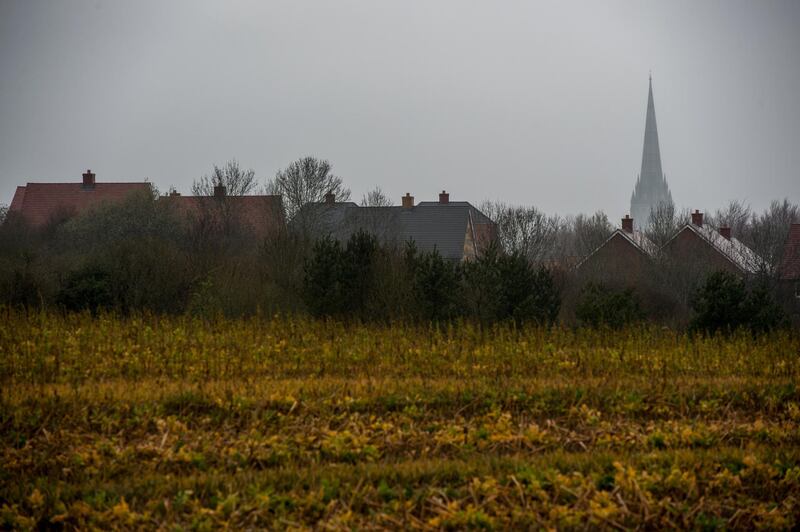Military clean-up crews in camouflage and gas masks have arrived in Salisbury, England to deal with nine chemical “hotspots” left after the Novichok attack on former Russian spy Sergei Skripal and his daughter.
Three army trucks brought soldiers and diggers to lift paving stones, bricks and turf on Tuesday. The operation began in the city centre where Mr Skripal, 66, and his daughter Yulia, 33, were found slumped on a bench on March 4. The clean-up crews are also expected to take soil samples during operations that will last months, possibly until Christmas.
The Department for Environment, Food and Rural Affairs said specialist teams from the Army, RAF and Ministry of Defence will carry out “thorough testing to ensure that any residual nerve agent used in the attack is chemically cleaned, or removed and safely destroyed”.
Defra’s chief scientific adviser Ian Boyd said last week that the deadly nerve agent remains in high concentrations at some locations in Salisbury.
_____________
Read more
[ Russian spy poison was in 'liquid form' ]
_____________
"We have to make an assumption that in certain circumstances there will be relatively high concentrations, probably in very, very specific locations, which could be at levels that could be toxic to individuals."
Defra’s priority is making the nine hotspots safe for the public. Each area is likely to contain traces of Novichok, possibly still as toxic as when the nerve agent was left there, Mr Boyd said.
The Skripals are thought to have come in contact with the poison in liquid format on the doorknob at Mr Skripal’s home.
The hotspots include Zizzi’s restaurant, where the pair ate lunch, the home of police detective sergeant Nick Bailey who was also poisoned, two ambulance stations and a police station. The garage where Mr Skripal parked his car will also be decontaminated.
Mr Skripal's home and the Mill pub, where the Skripals went after lunch, remain crime scenes and will be the last of the nine sites to be cleaned.
The military operation comes after the Organisation for the Prohibition of Chemical Weapons confirmed Britain's analysis that the nerve agent Novichok was used in the attack. Russia has denied any involvement.
Deputy Chief Constable Paul Mills from Wiltshire Police said it was “business as usual” as soldiers in breathing apparatus and military uniformed moved around the market town. Public Health England have said the risk to the general public is low.






